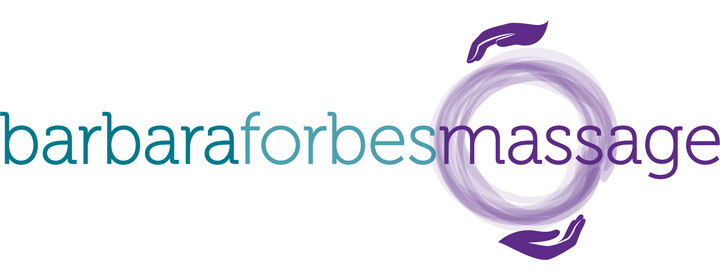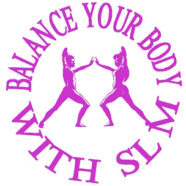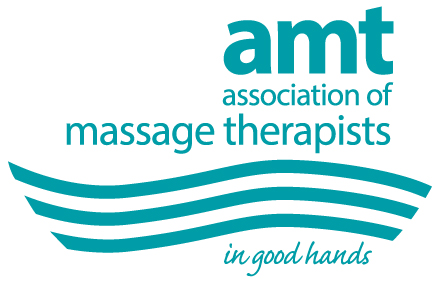
Neuropathic pain is often described as burning, painful, cold or electric shocks and may be associated with tingling, pins and needles, numbness or itching. It can go away on its own but is often chronic. Sometimes it is unrelenting and severe, and sometimes it comes and goes.
It often is the result of nerve damage or a malfunctioning nervous system. The impact of nerve damage is a change in nerve function both at the site of the injury and areas around it.
Some causes of neuropathic pain:
Rheumatoid arthritis
Diabetes
multiple sclerosis
Cancer or its treatment with radiation, surgery or chemotherapy
Trapped nerves such as carpal tunnel or sciatica
Fibromyalgia
Nerve pain is one of the most difficult to treat of all chronic pain conditions.
Did you know that comorbid conditions such as anxiety, depression and sleep disturbance are common in people with neuropathic pain? Stress increases the experience and perception of pain and the mode and degree of success in coping with the pain. Constipation from pain medication – such as opioids – is a common problem. Prescription opioids provide pain relief, but constipation from pain medication is an all too common side effect.
Neuropathic Pain Management
It is generally accepted that the management of chronic pain requires a multimodal (or whole person) approach. This method combines different approaches (pharmacological and non-pharmacological) with an emphasis on restoration of function, physical retraining, lifestyle changes and cognitive behavioural therapy.
Neuropathic pain & Massage
People with chronic pain often turn to massage therapy to help manage their pain and address some of the comorbid conditions they may experience. Massage can help in the following ways:
Pain: Massage helps to release endorphins which are natural pain relievers. They work by binding to the opioid receptors in your brain to block the perception of pain, similar to opioid pain medications, such as oxycodone or morphine.
Anxiety & depression: Massage helps to release serotonin. This is sometimes called the happy chemical because it contributes to wellbeing and may help to reduce anxiety and depression.
Sleep disturbance: Adequate sleep is necessary for healthy functioning, and quality sleep is vital to health and wellness. Massage can help promote healthy, restorative sleep.
Stress: Stress can quite often be caused by a buildup of tension within muscles that restricts movement and increases pain. Massage can help to relieve tension by stretching and spreading muscle fibres and tissues in order for muscles to relax and loosen. Loosened muscles increases movement, decreases pain and reduces stress.
Constipation: Constipation is a common symptom of neurological conditions. Receiving a gentle abdominal massage can help to relieve gas, bloating and constipation.
When you live with chronic pain, having a toolbox of strategies you turn to for pain relief is important. Massage can be a powerful tool for relaxing both mind and body.
So call us now to make an appointment: Ph 0415 422 600



